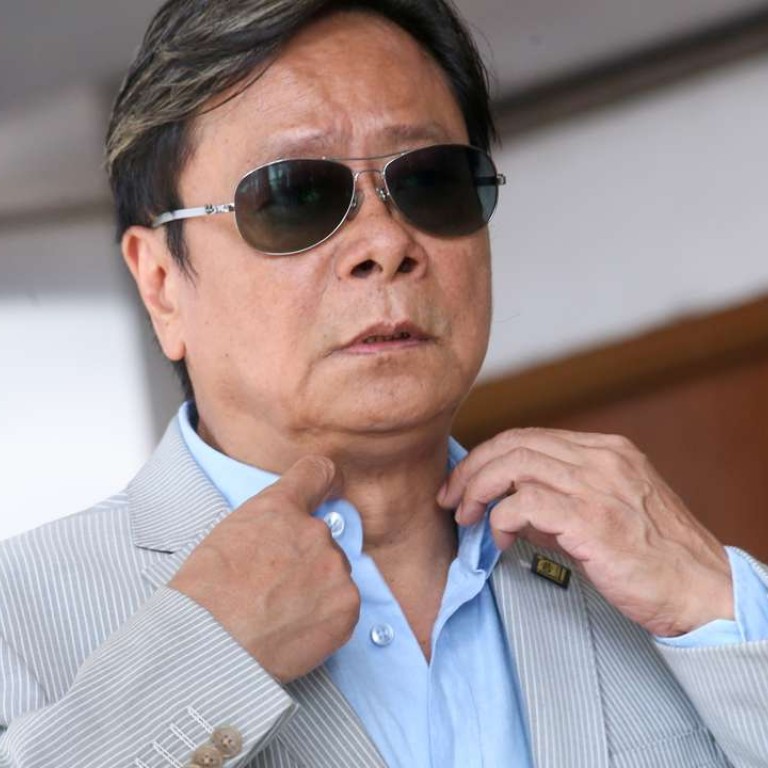
Post-Occupy localists may see biggest gains in Hong Kong’s Legco elections, analysts say
They predict as many as four of these candidates could win seats in the next term if high turnout due to spike in young first-time voters
Post-Occupy localists could emerge as the biggest winners in the Legislative Council elections if the high turnout rate this year was due to a jump in the number of young first-time voters, according to some analysts.
As many as four localists, including previous winner Wong Yuk-man, could secure seats, they predicted.
The analysts also said the last-minute pull-out of six pan-democratic candidates was unlikely to make a big impact as most of them were underdogs, if the pre-election polls were any indication.
Of the pan-democratic parties, the Association for Democracy and People’s Livelihood faced the worst-case scenario. Unless the pre-election poll was completely off the mark, its veteran legislator Frederick Fung Kin-kee was almost certain to be kicked out, while the chances of another candidate from the party, Tam Kwok-kiu, looked grim.
At 9.30pm Sunday, the turnout was 52.57 per cent, compared with 48.19 per cent in the same period in the 2012 elections.
Professor Ray Yep Kin-man, a political scientist at the City University of Hong Kong, said the conventional wisdom that a high turnout rate could benefit the pan-democratic camp “might not necessarily work, especially with the rise of localist candidates this time”.
“It is difficult to predict the number of seats these camps could grab in the legislature. But it is likely to be a very tight race,” he said. He believed the number of seats in functional constituencies – including “super seats” – that the pan-democrats could retain would have a significant impact on the camp’s influence.
Dr Li Pang-kwong, director of Lingnan University’s public governance programme, shared similar views. “While the localists would eat up some of the votes of the traditional pan-democrats, the pro-establishment camp would largely be unaffected,” he said.
Li predicted the number of seats that traditional pan-democrats would obtain in the legislature could shrink and threaten its aim to form a “critical minority”.
The pan-democrats would need to win 24 seats to be a bulwark against their pro-establishment rivals’ dominion of both halves of the 70-strong legislature – the directly elected geographical constituencies and the trade-based functional constituencies.
In the 2012 elections, pan-democrats secured 27 seats in the elections, maintaining the critical minority in the legislature to block government bills that require the approval of two-thirds of the 70 members.
But the University of Hong Kong pre-election poll, commissioned by the Power of Democracy and released on Friday, suggested that traditional pan-democrats would win only 11 seats in the geographical constituencies.
Even after taking into account six localists who were likely to be returned, the total was still down from 18 in the 2012 elections, which means they would lose their veto power.
Watch: long queues remain as Legco polls close
Li also noted the possible rise of the moderate pro-establishment, naming Ricky Wong Wai-kay and Christine Fong Kwok-shan as examples. If they make it to the legislature, the pro-establishment camp’s influence could get a boost.
Twelve candidates, mainly from the pro-establishment camp, in 10 functional constituencies will be returned to the Legislative Council uncontested. These constituencies are: Heung Yee Kuk, insurance, labour, real estate and construction, commercial (second), industrial (first), industrial (second), finance, import and export, and District Council (first).

